Prehistoric Times (8,000+ years ago)
The earliest evidence of humans collecting honey comes from cave paintings in Spain (Cuevas de la Araña, ~8000 B.C.), showing honey hunters gathering it from wild hives.
Honey was one of the first natural sweeteners humans ever used.
Egyptians (around 3,000 B.C.)
Honey was used as a sweetener, medicine, and offering to gods.
Found in pharaoh’s tombs, still preserved after thousands of years.
Egyptians also used honey in mummification and as a currency.
Mesopotamians & Greeks
Honey was considered “food of the gods.”
Greeks believed honey promoted longevity and strength; athletes used it before the Olympics.
Hippocrates (father of medicine) prescribed honey for wounds, fevers, and sore throats.
India (Vedic period)
Mentioned in the Vedas and Ayurveda, honey (Madhu) was valued for health, rituals, and spiritual purity.
Considered one of the five elixirs of immortality (Panchamrita) in Hindu tradition.
China
Traditional Chinese Medicine used honey for balancing the body, soothing throat, and healing wounds for over 2,000 years.
⚔️ Middle Ages
Honey was widely used in Europe and the Middle East before sugar became common.
It was also fermented into mead, one of the world’s oldest alcoholic drinks.
🌍 Modern Era
With the rise of sugar cane and beet sugar in the 17th century, honey’s role as the main sweetener declined, but it remained important in medicine and traditional remedies.
Today, honey is studied scientifically for its antioxidants, antibacterial effects, and nutritional value.
Honey isn’t just food — it’s medicine, history, and culture blended in one golden liquid.
